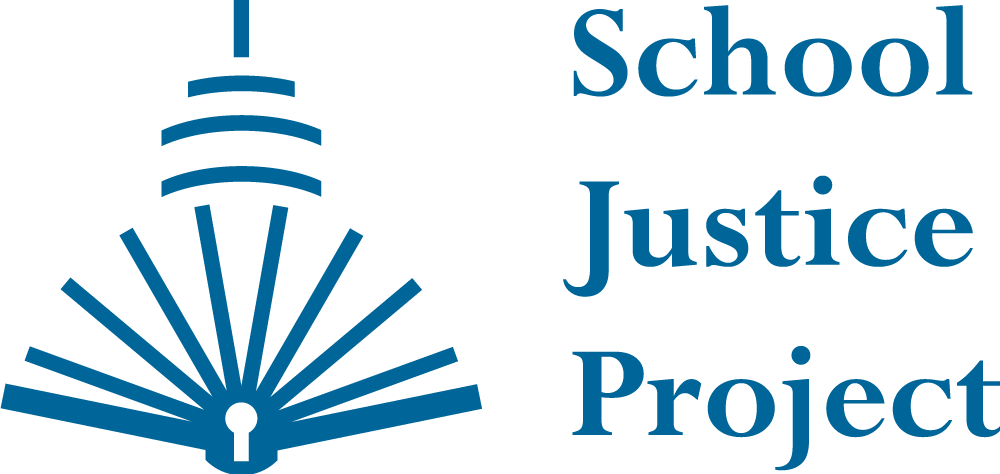Barnes v. District of Columbia:
Education Issues Facing Students With Special Education Needs Who Are Incarcerated in Federal Bureau of Prisons (BOP) Facilities
SJP continues to fight for our clients’ rights due to the lack of special education for students in Federal Bureau of Prisons (BOP) facilities. Contrary to federal and local special education law, including the federal Individuals with Disabilities Education Act (IDEA) these students stop receiving special education once they are sent to these facilities. BOP does not offer a high school diploma option for D.C. residents even though D.C. residents with special education needs remain entitled to work toward a high school diploma until the end of the school year in which they turn 22-years-old under Federal and District special education law. Because of this, IDEA-eligible DC residents incarcerated in BOP facilities lose years of high school and many return to the District having aged-out of special education protections and unable to re-enroll in a high school.
In February 2023, School Justice Project, Washington Lawyers’ Committee for Civil Rights, and the law firm of Nixon Peabody LLP, filed two Due Process Complaints on this issue. The complaints challenged the District's failure to provide students with education while they are incarcerated in BOP facilities. These complaints seek to enforce a decision SJP received from the District Court of the District of Columbia in 2018, holding that the District is responsible for educating its residents who are eligible for special education in BOP facilities. In September 2023, the administrative hearings went forward, and we received favorable decisions.
On March 2024, SJP along with our co-counsel filed a class action complaint in the District Court for the District of Columbia, Barnes v. District of Columbia et. al., alleging that the District of Columbia, namely District of Columbia Public Schools (DCPS) and its oversight education agency, Office of the State Superintendent of Education (OSSE), and the federal Bureau of Prisons, failed to provide required special education and instruction to IDEA-eligible, DC Code offenders sentenced to a term of incarceration in the BOP.
Without access to specialized instruction, students with disabilities will not be able to successfully reenter into their communities upon their release from a federal facility. This is a key priority for SJP and we are dedicated to ensuring that this practice changes and that students receive compensatory education for the time and services they have lost due to this unlawful practice.
Resources:
Press
Press Release announcing filing of Federal Complaint
Amended Complaint
Decision Granting Class Certification
